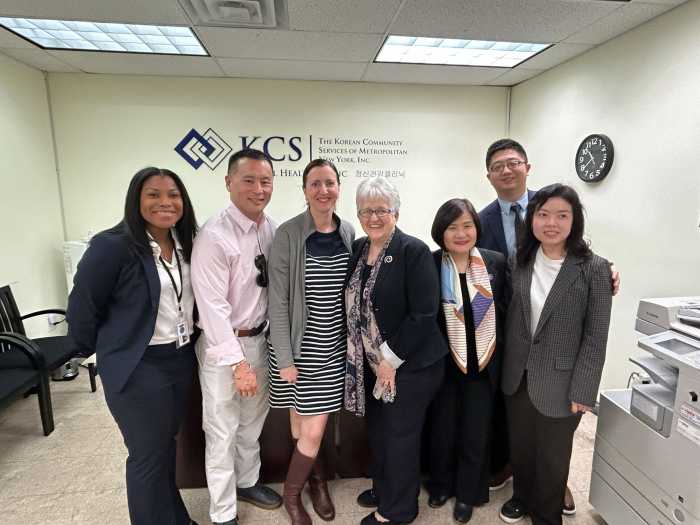Protecting one’s assets often involves transferring assets into a trust. Unfortunately, many individuals do not have close family members to appoint as a trustee. Rather, they may appoint a distant relative or family friend, with whom they are not totally comfortable, or whom they do not completely trust, to act as trustee. Clients sometimes express concern, and question what they can do to feel more comfortable entrusting assets to such a trustee. In addition, the client’s circumstances may potentially change in the future, necessitating flexibility in the trust document. These issues are very important as the trustee is the individual entrusted to manage the assets of the trust in accordance with the terms and conditions set forth in the trust agreement.
In such a case, the trust can provide for a “trust protector,” who has the authority to take action with regard to the trustee. The trust protector is an independent person chosen by the grantor, the individual who creates the trust. If the grantor of a trust is concerned about oversight, a trust protector can be appointed to monitor the activity of the trustee and to ascertain how the trustee is administering the trust.
The powers of the trust protector may also include the ability to determine if the trustee has lost the capacity to handle the administration of the trust, and can be given the power to remove a current trustee or appoint a successor trustee. In addition, the trust protector is often given the authority to amend the trust to take advantage of tax law changes. The trust protector’s authority will depend upon the way the trust is drafted.
The trust protector must act in the best interest of the beneficiaries. The grantor should name an independent party (not a beneficiary or immediate family member) as trust protector so that there is no concern about someone acting in a self serving way.
The powers should be clearly specified and defined. It is important to draft the language properly to suit the particular circumstances of the parties. Since quite a bit of power could be vested in the trust protector, it is advisable for the grantor to limit his/her powers to the foreseeable future needs of the trust. For example, one should think very carefully before giving the trust protector the authority to change beneficiaries. In most cases, certain limitations, such as limiting the trust protector’s ability to benefit from the trust, should be included in the trust agreement.
While the appointment of a trust protector provides flexibility and oftentimes needed oversight of the trustee, some individuals are concerned about the additional expense and potential problems of adding one more administrative layer to the trust. It is important to discuss one’s particular wishes with a knowledgeable attorney.
Ronald A. Fatoullah, Esq., CELA (Certified as an elder law attorney by the National Elder Law Foundation), is the principal of Ronald Fatoullah & Associates, a law firm that concentrates in elder law, estate planning, Medicaid planning, guardianships, estate administration, trusts and wills. The firm has offices in Forest Hills, Great Neck, Manhattan, Brooklyn and Cedarhurst, NY. Mr. Fatoullah has been named a “fellow” of the National Academy of Elder Law Attorneys and is a former member of its Board of Directors. He also serves on the Executive Committee of the Elder Law Section of the New York State Bar Association. Mr. Fatoullah chairs the Legal Committee of the Alzheimer’s Association, LI Chapter and serves on its Board of Directors. He is also a co-founder of the Senior Umbrella Network of Queens, and currently serves on its Board of Directors. This article was written with the assistance of Stacey Meshnick, Esq., a senior staff attorney at the firm. Mrs. Meshnick supervises the Medicaid department at the firm. The firm can be reached by calling 718-261-1700, 516-466-4422 or toll free at 1-877-ELDER-LAW or 1-877-ESTATES.


































